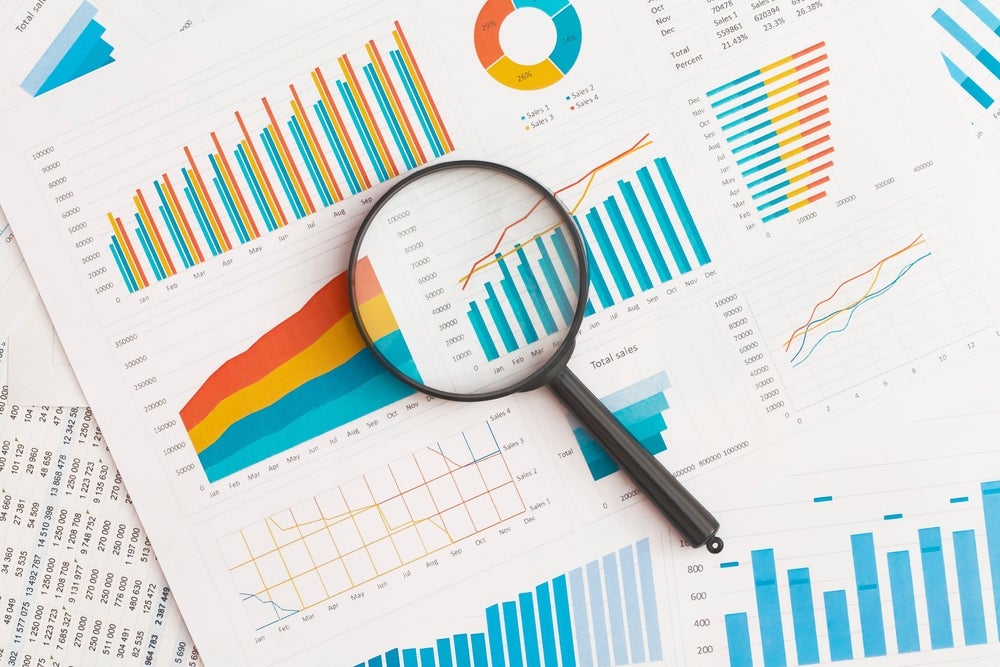Global textile traceability solution Aware says using primary data and a public blockchain it has made TC audits obsolete with its crypto TC solution which will “change the game in textile traceability”.
Aware says Digital Product Passports (DPP) are often seen as the new answer to nail traceability, however most rely on data based on the same transaction certificates putting the same pressure on suppliers with costs, audits and inefficient paperwork.
“With the rapid pace that technology evolved over the last decades, the world has become more transparent and traceable too. Yet, supply chains are not transparent, not even for brands and suppliers, and therefore cannot be transparent for consumers either. The core of the textile industry relies on private databases, but public blockchains are a solid solution to do mass balance and are already used in other industries for the same reason.”
Aware claims its up-and-coming textile traceability technology beats the conventional TCs on all terrain: speed, effort, transparency, traceability, trust, human errors, and price by connecting the physical world to a digital one through a public blockchain compared to how mass balance is done.
By embedding a physical tracer into the fibre at source and connecting primary data to a public blockchain, all the TC audits become irrelevant. Since the material exchange is verified by every supplier in the supply chain. The information is automatically logged onto the blockchain where the crypto TC are created and together become the DPP. Crypto TCs are immutable, can be created instantly, are publicly available and free of cost. A traditional TC can take months, is stored in private databases and suppliers pay per TC.
Aware co-founder and brand director Koen Warmerdam explains: “Today the industry has a simple solution to a very inefficient and complex process for certifications. Brands and suppliers want to make a true impact and they want to be seen. With our blockchain solution we make traceability as smooth and reliable as transferring money from your phone.”
Ending audit fatigue for fashion suppliers
Aware points out that currently, a supplier has one audit each year. Each audit and the physical paperwork that comes along with it takes at least 10 days per year, is expensive and follows other procedures which bring complexity and make them challenging.
“Unlike the existing system, which requires an overwhelming number of audits, our technology allows all stakeholders to have access to the information, which opens up real-time insight and risk mitigation opportunities," explains Warmerdam. “The revolution the textile industry needs and aims to have, will not happen with the Digital Product Passport itself, but with the data contained there.”
Blockchain filings in apparel sector surge on transparency drive
According to GlobalData, the fashion industry is fast realising the value of blockchain tech to help it with its transparency objectives.
In the last six months alone, there were 28 new blockchain-related filings by apparel companies, two blockchain-related deals and 57 blockchain-related new hires involving apparel companies.
GlobalData reveals that there was a steady increase in corporate filing trends from 2018-2022 which saw 178 filings last year alone.

Companies in the apparel sector with the most mentions include Reliance, Kering, The Warehouse Group. Carrefour and Farfetch.
Earlier this month (October), Just Style reported blockchain platform TextileGenesis had signed a memorandum of understanding (MoU) with the International Cotton Association (ICA), to increase digital collaboration and promote ethical trade and sustainability within the fashion and textile industry.















